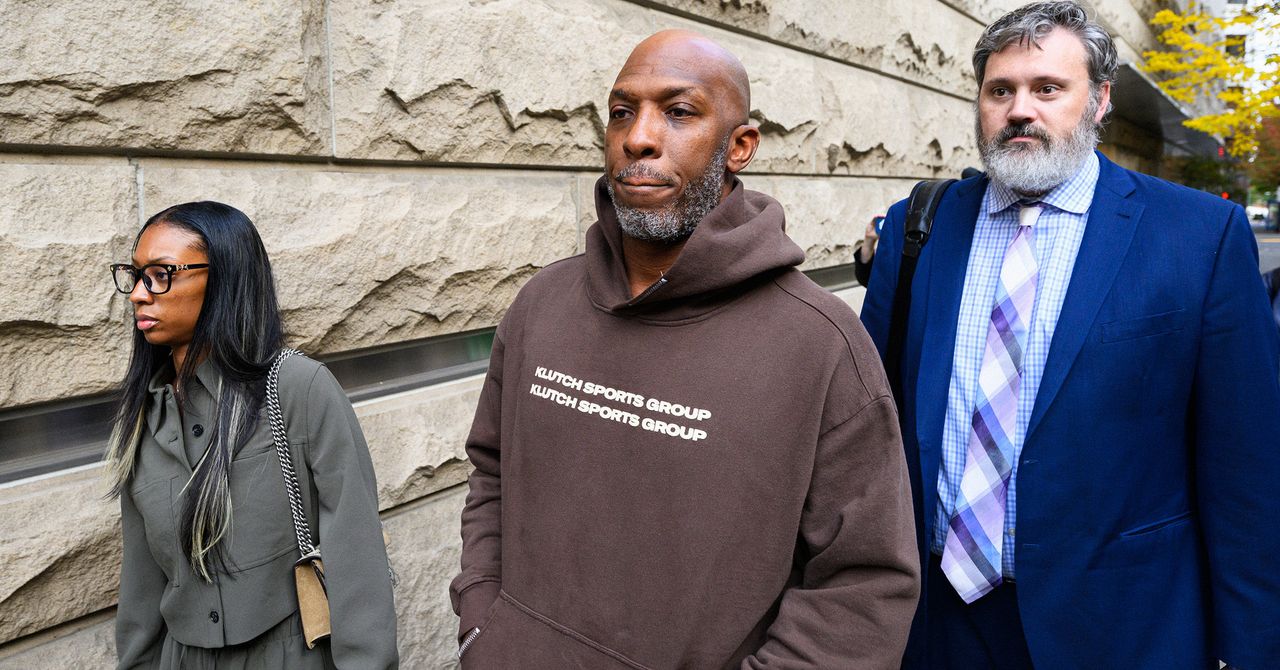The host’s role in these games can be quite fraught.
“When you’re talking about home games, the phrase ‘absolute power corrupts absolutely’ kind of applies here,” Berkey asserts. “Because you’re fully at the hands of whoever is hosting the game … They’re in control of the dealers, they’re in control of the decks, they’re in control of the tables, the shuffle machines.”
They’re also in charge of the books, and that’s where the drama often begins.
These aren’t casinos with cages, cameras, and fully monitored methods of depositing and withdrawing money. Credit is regularly utilized, both to appease players and to avoid issues with traceable movements of large cash sums.
“People don’t always pay,” Berkey says. “And when that becomes an issue, now it’s the host’s job to make good on the books in some capacity, otherwise they’re going to lose all their clientele.”
Enter the mafia, who, in addition to running some of the poker games, often fill a role they’re well known for in popular culture: settling debts.
“Say you have someone who loses a lot of money,” says Zach Jensen, a content developer and mafia expert at Las Vegas’ Mob Museum. “Getting them to pay up, the mob can step in and do that. Extortion, intimidation, and violence too.”
As Jensen explains it, the mob may not be anywhere near the size or power of its one-time might. It operates in a more under-the-radar manner today. But it’s still very active in many of its old tricks, and illegal gambling remains a big part of the picture.
In fact, at least one name that appears in the Billups indictment has roots in the mafia’s glory days.
“There’s an Angelo Ruggiero Jr. listed in there,” Jensen says. “His father, Angelo Ruggiero, also known as ‘Quack Quack,’ was a close friend of John Gotti and part of his crew.”




Comment ×